The EU and New Zealand (NZ) are targeting the end of June for the completion of agreement in principle on a free-trade agreement (FTA).
Negotiations have been ongoing for four years and, unsurprisingly, access to the EU market for agricultural produce is proving a sticking point.
The NZ meat industry is underwhelmed by the proposed level of access being offered for beef to the EU market.
Currently it has 846t at a preferential tariff of 20%, and the NZ Meat Industry Association which represent meat factories, has said “we are not prepared to back a deal which offers poor access for our red meat to this important market and an outcome that simply would not be credible”.
The EU is expected to submit a revised offer but indications are that this will not meet NZ expectations, particularly for beef or dairy. Given that there is a 228,000t sheepmeat quota shared between the EU and UK for NZ sheepmeat, it is expected that sheepmeat access won’t be a stumbling block.
NZ–UK trade agreement
The issue of NZ access to the EU 27 market has been complicated by the fact that NZ secured such comprehensive access to the UK in a trade agreement that is currently going through the ratification process. It will give NZ access for 12,000t of beef in the first year of the agreement and this will double by year five and after 15 years the UK will be open to unlimited quantities of NZ beef.
If the UK beef market was oversupplied, UK beef could be freely exported to the EU 27
While this deal is between the UK and NZ, there are indirect consequences for Ireland and the rest of the EU. As part of the trade and co-operation agreement (TCA) between the UK and EU, the UK retains unlimited access to EU markets for all products including beef, dairy and sheepmeat. If the UK market at some point in the future was to become oversupplied with beef from NZ, the first hit would be taken by Irish beef exports, which currently account for 80% of all UK beef imports.
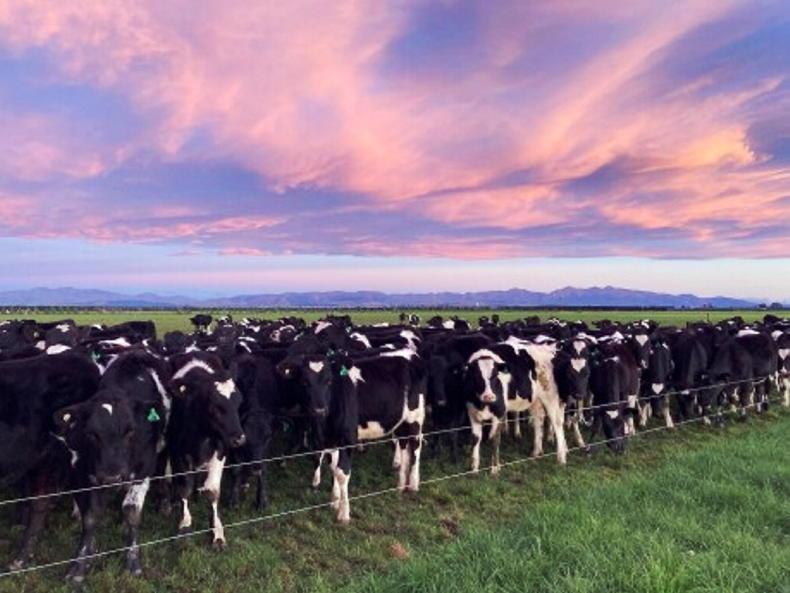
Ireland competes with New Zealand in international markets particularly in the dairy sector.
However, the second hit would be taken by the rest of the EU because if the UK beef market was oversupplied, UK beef could be freely exported to the EU 27. The effect of this is that beef supply to the EU 27 would be increased indirectly because of NZ supplies to the UK. As a result, the EU is being careful in the extent of direct access it is going to allow NZ to EU markets.
Australia
Parallel to the EU-NZ negotiation, the EU is also discussing an FTA with Australia, with talks also having started around the same time in 2018.
Unlike NZ, Australia has a huge interest in getting a quota for sheepmeat access as well as beef because it has negligible access currently. Like NZ, Australia has also secured an extremely favourable FTA with the UK which also gives it unlimited access to that market over time.
However, the FTA negotiation between Australia and the EU lags somewhat behind NZ with the spat between France and Australia over a submarine order late last year being the trigger. Even though there may be a delay, we can expect that in time the EU and Australia will also look to conclude a deal.
Ireland and New Zealand may be at opposite ends of the globe but their parallels in agriculture are unequalled. Both countries share a pasture-based system heavily reliant on livestock and are huge net exporters of beef, dairy and sheepmeat.
That provides a basis for both collaboration and competition between both countries. The collaboration part is illustrated by the recent launch of the Joint Research Mechanism (JRM) on climate and agriculture between the countries to try and find a solution to reducing methane from livestock.
However, the reality is that both countries are chasing export markets and while NZ enjoys huge global access, Ireland remains restricted in global beef markets because of the BSE legacy.
Irish farmers are also bound by EU production, environmental and welfare rules which raise the cost bar considerably compared with our NZ counterparts. This combined with the UK approach to trade deals means that the EU has to tread carefully in granting any enhanced access to EU markets.
The EU and New Zealand (NZ) are targeting the end of June for the completion of agreement in principle on a free-trade agreement (FTA).
Negotiations have been ongoing for four years and, unsurprisingly, access to the EU market for agricultural produce is proving a sticking point.
The NZ meat industry is underwhelmed by the proposed level of access being offered for beef to the EU market.
Currently it has 846t at a preferential tariff of 20%, and the NZ Meat Industry Association which represent meat factories, has said “we are not prepared to back a deal which offers poor access for our red meat to this important market and an outcome that simply would not be credible”.
The EU is expected to submit a revised offer but indications are that this will not meet NZ expectations, particularly for beef or dairy. Given that there is a 228,000t sheepmeat quota shared between the EU and UK for NZ sheepmeat, it is expected that sheepmeat access won’t be a stumbling block.
NZ–UK trade agreement
The issue of NZ access to the EU 27 market has been complicated by the fact that NZ secured such comprehensive access to the UK in a trade agreement that is currently going through the ratification process. It will give NZ access for 12,000t of beef in the first year of the agreement and this will double by year five and after 15 years the UK will be open to unlimited quantities of NZ beef.
If the UK beef market was oversupplied, UK beef could be freely exported to the EU 27
While this deal is between the UK and NZ, there are indirect consequences for Ireland and the rest of the EU. As part of the trade and co-operation agreement (TCA) between the UK and EU, the UK retains unlimited access to EU markets for all products including beef, dairy and sheepmeat. If the UK market at some point in the future was to become oversupplied with beef from NZ, the first hit would be taken by Irish beef exports, which currently account for 80% of all UK beef imports.

Ireland competes with New Zealand in international markets particularly in the dairy sector.
However, the second hit would be taken by the rest of the EU because if the UK beef market was oversupplied, UK beef could be freely exported to the EU 27. The effect of this is that beef supply to the EU 27 would be increased indirectly because of NZ supplies to the UK. As a result, the EU is being careful in the extent of direct access it is going to allow NZ to EU markets.
Australia
Parallel to the EU-NZ negotiation, the EU is also discussing an FTA with Australia, with talks also having started around the same time in 2018.
Unlike NZ, Australia has a huge interest in getting a quota for sheepmeat access as well as beef because it has negligible access currently. Like NZ, Australia has also secured an extremely favourable FTA with the UK which also gives it unlimited access to that market over time.
However, the FTA negotiation between Australia and the EU lags somewhat behind NZ with the spat between France and Australia over a submarine order late last year being the trigger. Even though there may be a delay, we can expect that in time the EU and Australia will also look to conclude a deal.
Ireland and New Zealand may be at opposite ends of the globe but their parallels in agriculture are unequalled. Both countries share a pasture-based system heavily reliant on livestock and are huge net exporters of beef, dairy and sheepmeat.
That provides a basis for both collaboration and competition between both countries. The collaboration part is illustrated by the recent launch of the Joint Research Mechanism (JRM) on climate and agriculture between the countries to try and find a solution to reducing methane from livestock.
However, the reality is that both countries are chasing export markets and while NZ enjoys huge global access, Ireland remains restricted in global beef markets because of the BSE legacy.
Irish farmers are also bound by EU production, environmental and welfare rules which raise the cost bar considerably compared with our NZ counterparts. This combined with the UK approach to trade deals means that the EU has to tread carefully in granting any enhanced access to EU markets.





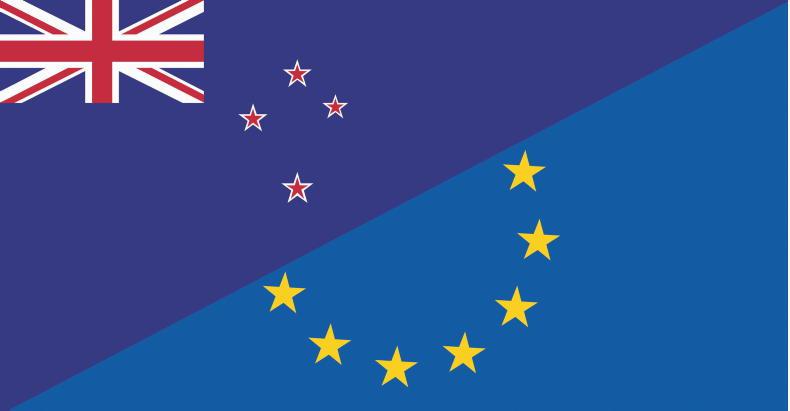
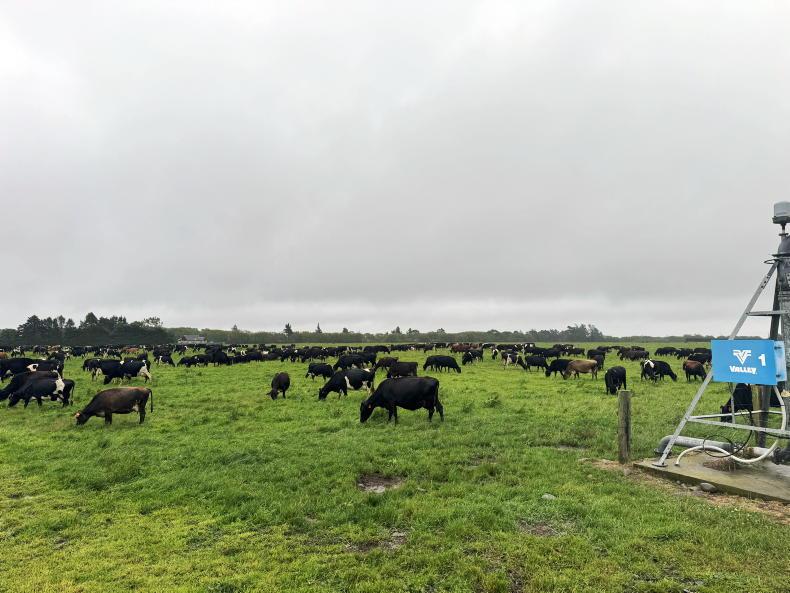

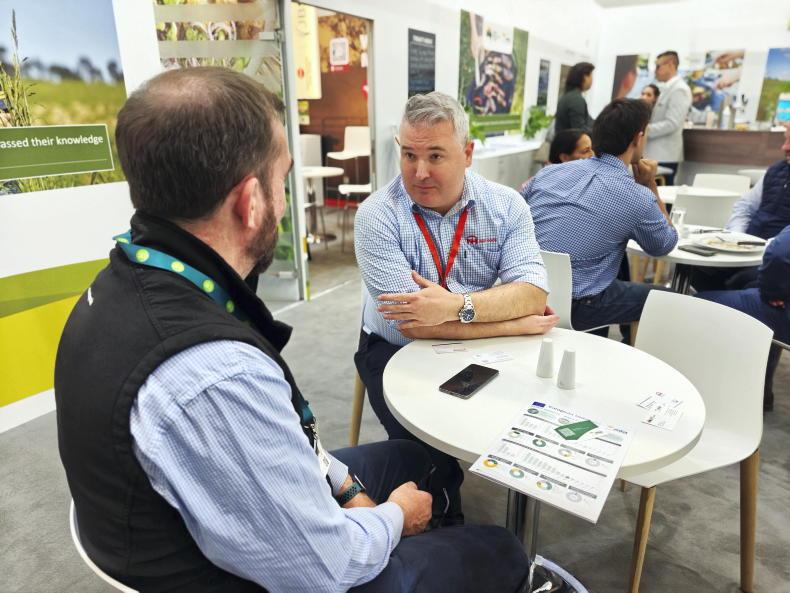

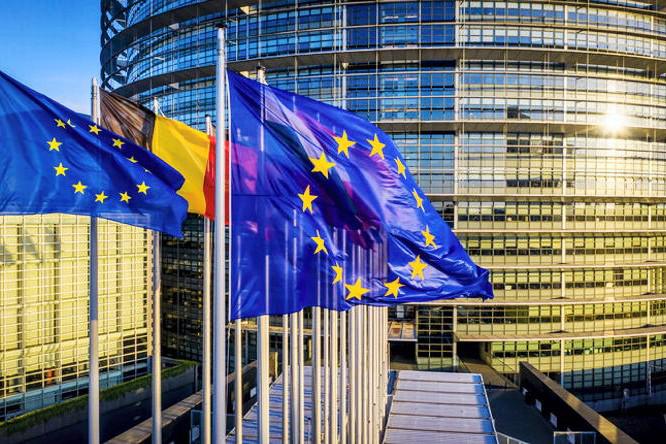
SHARING OPTIONS